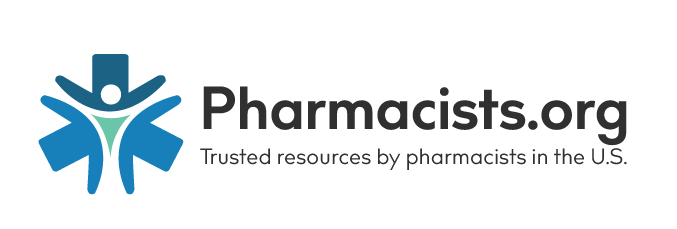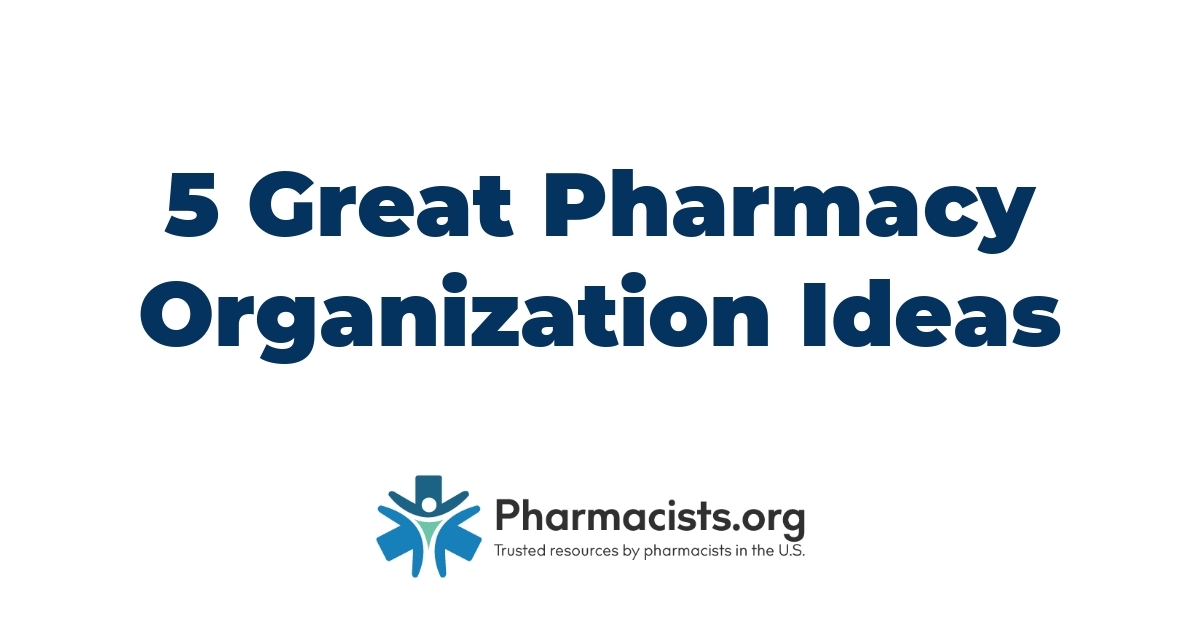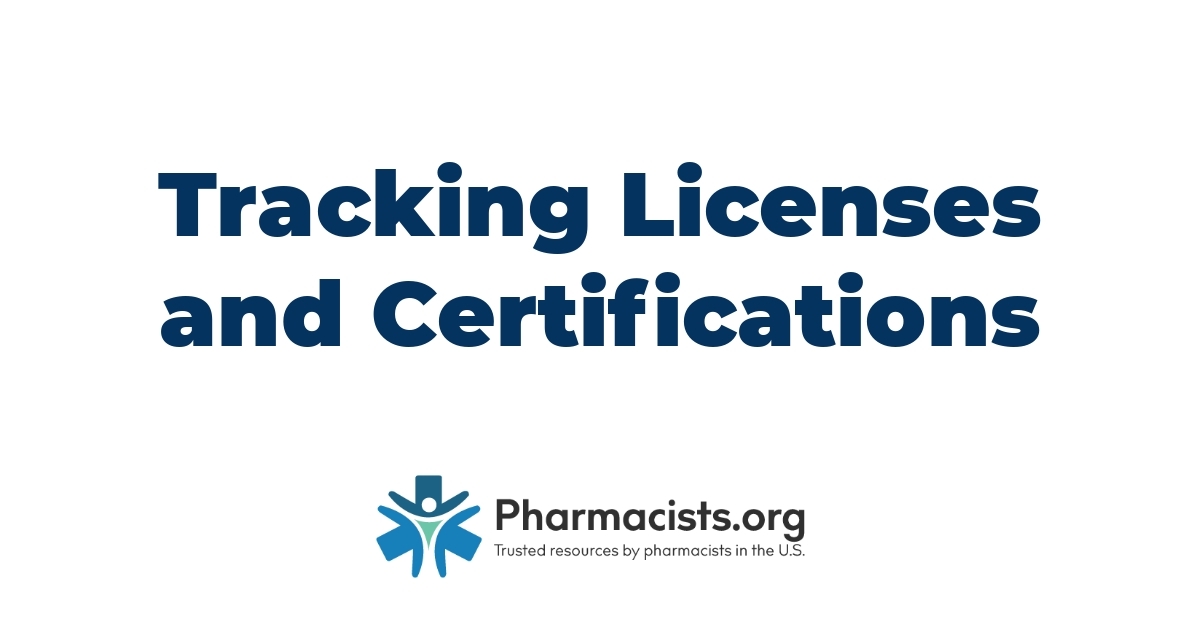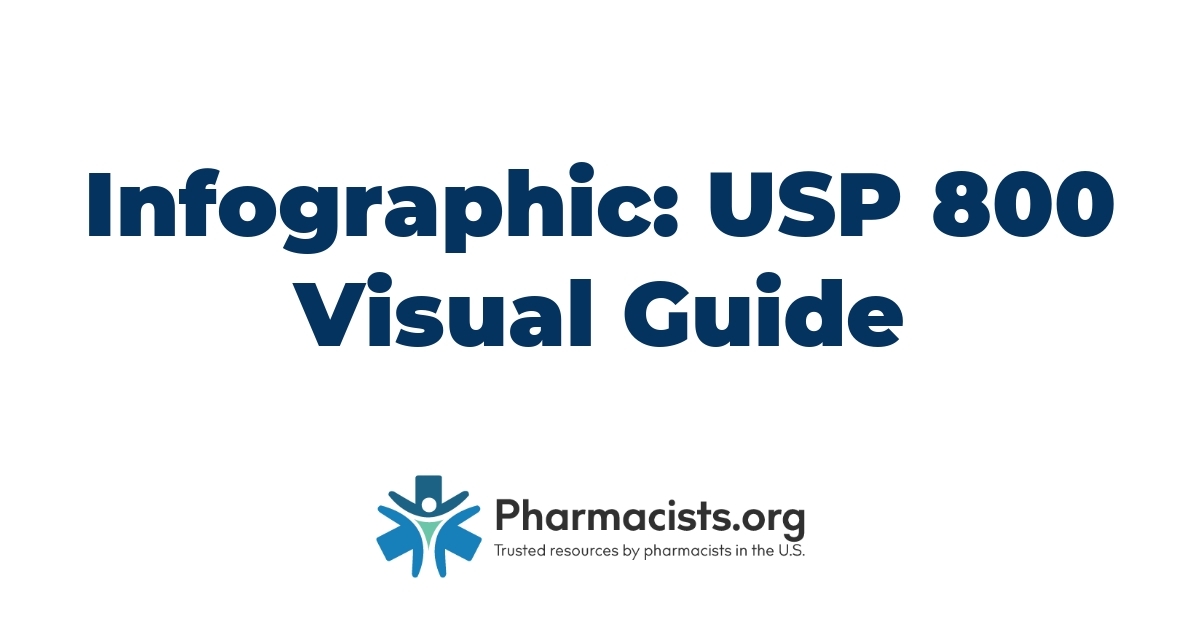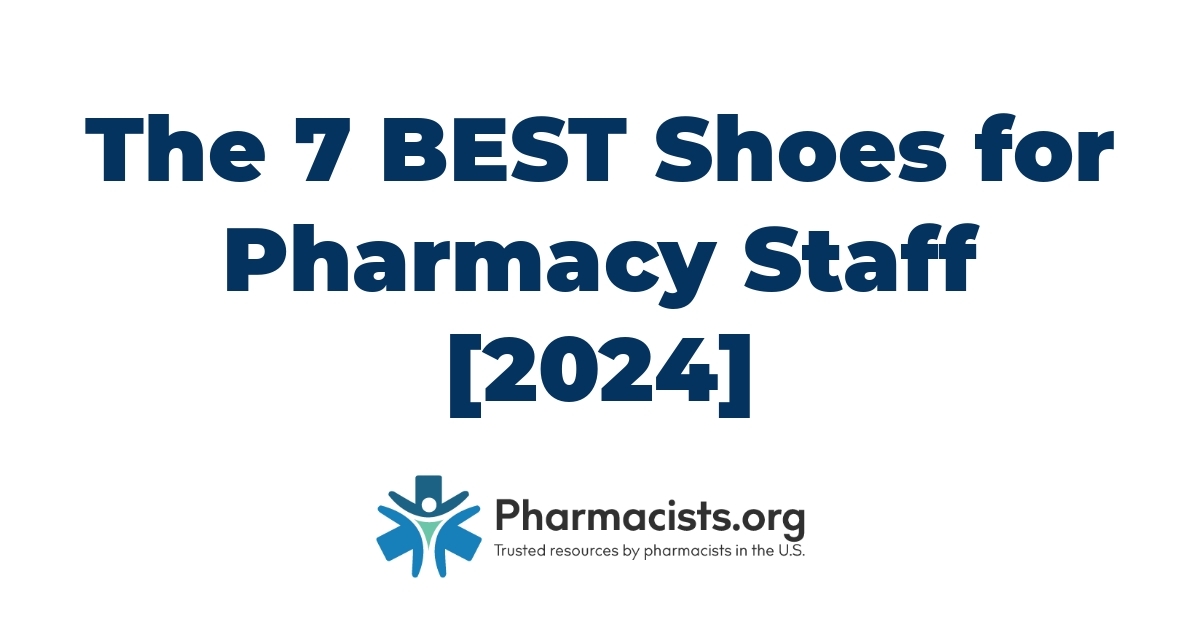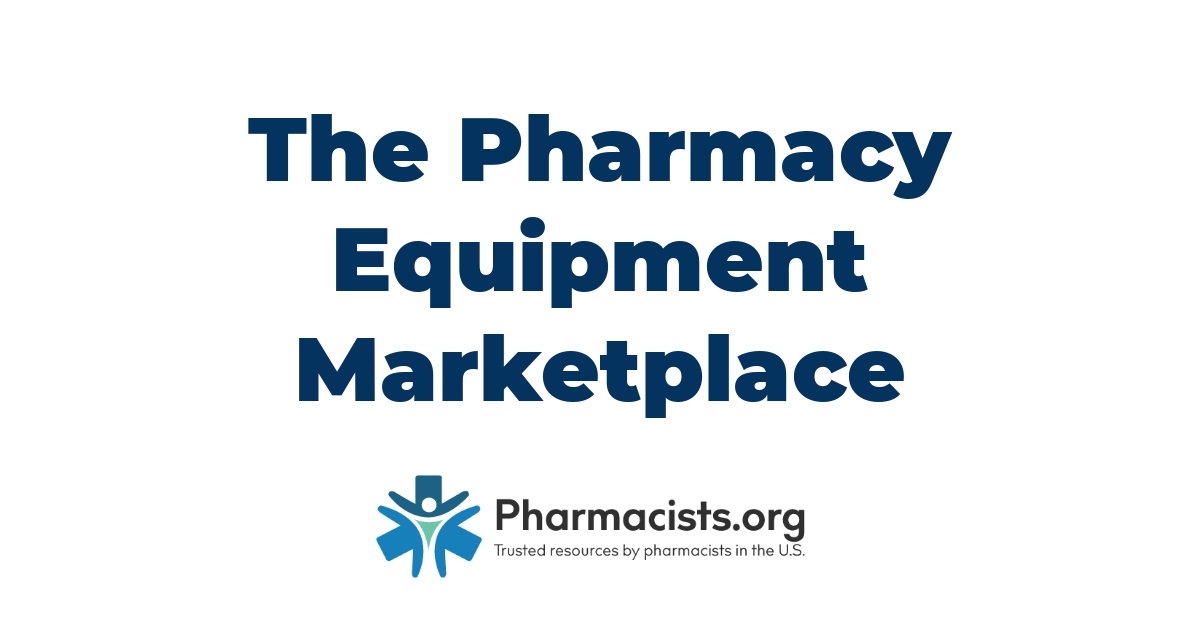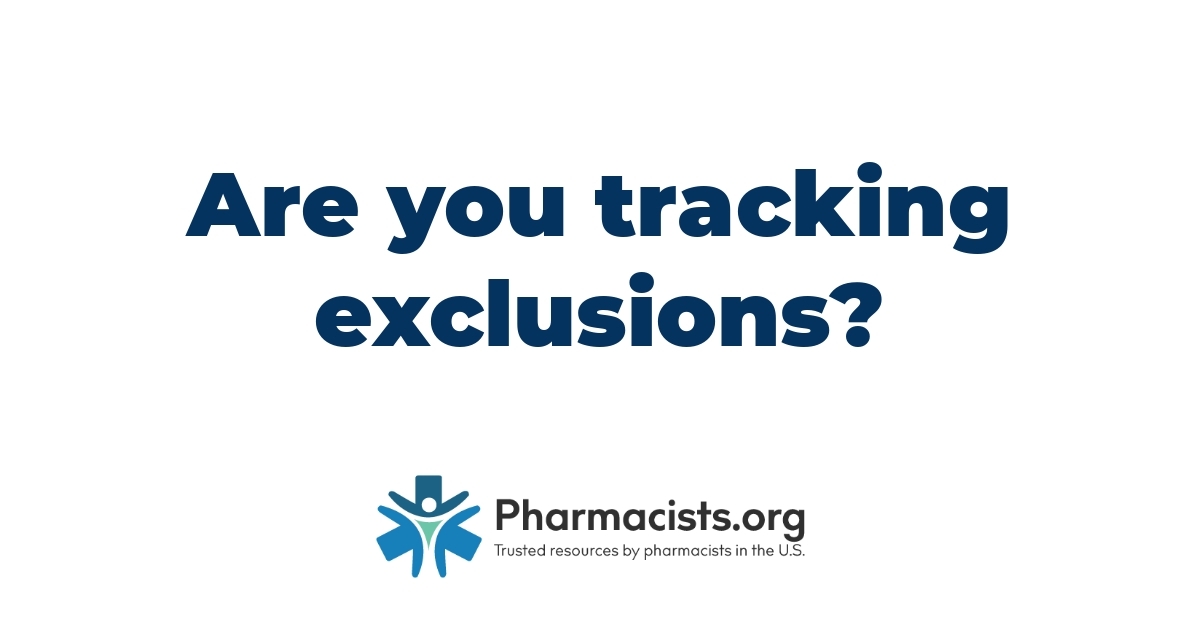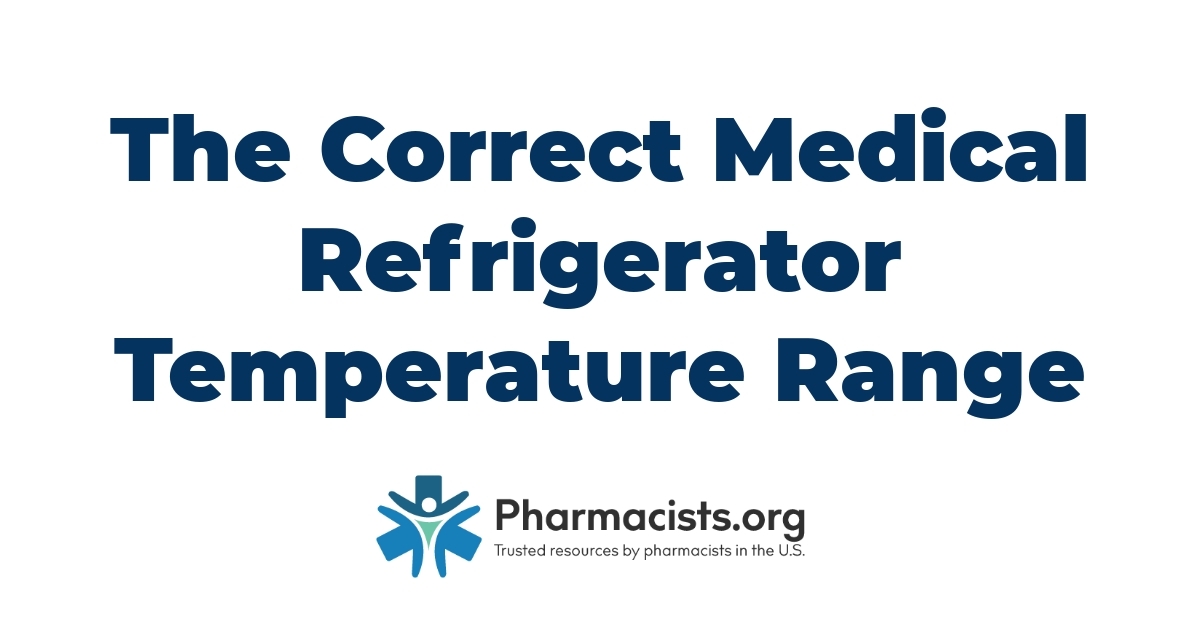Today is a short post but something I hope clarifies an important piece of the DMEPOS accreditation process: the surety bond.
In order to bill Medicare for Durable Medical Equipment, Prosthetics, Orthotics, and Supplies (DMEPOS), Medicare requires a $50,000 Surety Bond be submitted with the CMS-855S application. There are numerous companies in the business of selling these “Medicare Bonds.”
But what exactly is that and why does Medicare require a pharmacy to have it?
Unfortunately, Fraud, Waste, and Abuse (FWA) is all-too common in the medical business; in fact, Medicare recovered $1.8 Billion and had 1,157 convictions related to FWA in 2017. A surety bond is actually a guarantee against fraudulent claims. Here’s how it works:
- A pharmacy, with a Medicare surety bond, over-bills Medicare due to FWA
- Upon discovery, Medicare responds by attempting to recover the losses, but the
pharmacy is unable or unwilling to repay the debt. - Medicare responds by requesting payment from the bond company, up to the bond
amount (again, $50,000 is the requirement) to recover the lost money. - Upon paying it, the bond company will then attempt to recover the money from the pharmacy.
Requiring a surety bond protects Medicare from FWA, can help deter FWA, and is considered more of a line of credit than insurance. The pharmacy does not have a right to the $50,000 in the case they do not pay Medicare for over-billed claims.
This is important to understand because the surety bond protects Medicare, not the pharmacy. It is still the pharmacy’s responsibility to accurately bill claims and not doing so can put the pharmacy at significant risk of financial and potentially criminal charges.
The Surety Bond is only one part of the DMEPOS process. For step-by-step instructions to the entire CMS 855S application and process, check out my ultimate guide.
References:
https://www.vgminsurance.com/bonds/common/docs/MedicareBondFAQs.pdf
https://oig.hhs.gov/oei/reports/oei-09-18-00180.pdf
I am a pharmacist, community pharmacy consultant, and medical writer with over 12 years of clinical practice experience in community, outpatient health system, long term care, and academic settings. I am also the founder of PharmCompliance.com, a website dedicated to the success of community pharmacy.
As a pharmacy project manager, I led the implementation of new service lines, assist with ensuring legal and third-party compliance for over 70 retail stores, lead quality improvement and medication safety initiatives, write policies, procedures, and best practices for all our retail sites, and help with optimizing revenue cycle and pharmacy profitability. I have been responsible for DMEPOS and vaccine accreditation through CMS, obtaining new licenses and permits, and implementing a prescription drug kiosk embedded in our physician offices.
As a medical writer, my work has been featured in GoodRx, Pharmacy Times, Drug Topics, Patient Care Online, and in peer-reviewed journals. I have also given presentations on a range of topics, from disease state pharmacotherapy for medical residents to updates on the CDC vaccine storage and handling guidelines for a medical-grade refrigerator and freezer manufacturer. I have written and presented continuing education for CEImpact, FreeCE, AchieveCE, Ascension Health, and the Florida Department of Health.
